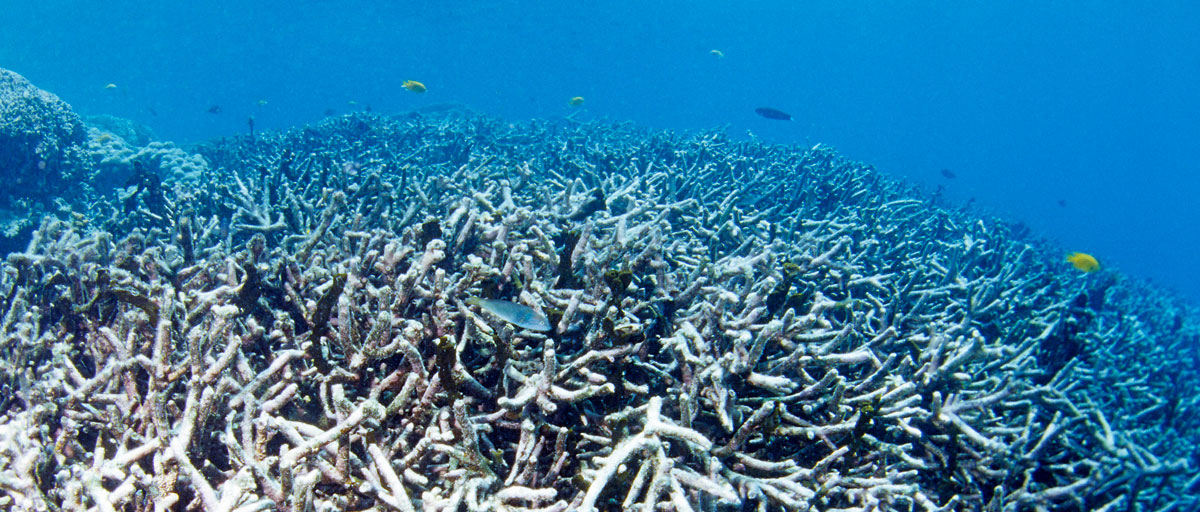RESEARCH THEMES
RESEARCH Streams
SHORTCUTS
Want to know more about our research? Click here!
INTERDISCIPLINARY COURSES
Stockholm Resilience Centre offers interdisciplinary courses on first (Undergraduate), second (Master's) and third (PhD) levels of University education. Want to know more about our courses? Click here!
POLICY and Practice
Our engagement in science-policy-practice activities has increased steadily over the years and range from high-level UN dialogues to local resilience assessments. Want to know more about our policy work? Click here!

Photo: J. Lokrantz/Azote
Bildtext får vara max två rader text. Hela texten ska högerjusteras om den bara ska innehålla fotobyline! Photo: B. Christensen/Azote
Standfirst
Ecological apocalypse can also be a source of hope: cascading regime shifts within and across scales
Stockholm seminar with Juan Rocha, researcher at the Stockholm Resilience Centre, Wednesday 6 March
Text
Ecosystems world wide can shift from one configuration to another, a transition often referred to as regime shifts. Regime shifts are critical to society because they can affect the benefits people get from nature. They are also relevant for scientist and managers because they are difficult to anticipate and reverse. Examples of regime shifts include forest to savannas, coral dominated to algae dominated reefs, or the collapse of the Greenland ice sheet. While scientists have largely investigated individual regime shifts, a critical question that remains unanswered: how could regime shifts be interconnected? Whether the occurrence of one can increase the likelihood of another, or whether the occurrence of two different regime shifts is only the result of sharing the same causes.
These questions are addressed in Rocha’s talk. He reduces regime shifts to a network representation that summarizes their main drivers and processes underlying their dynamics. By combining networks of regime shift couples, cascading effects were identified. Such effects can occur in as much as 45% of all pairwise combinations of regime shifts analyzed.
The risk of cascading effects suggests that more attention should be paid to the systemic risk of the Earth’s ecosystems. Future research needs to account for the conditions under which plausible can become probable. Consequently, data collection efforts and methods development should account for potential interdependence of regime shifts. Likewise, current management and governance practices underestimate the potential risk of cascading regime shifts, more attention should be paid on management strategies that acknowledge regime shift interdependence.
About Juan Rocha
Juan Rocha is a researcher at the Stockholm Resilience Centre (Stockholm University) studying how regime shifts can be interconnected. He holds a PhD in Sustainability Science and his research questions are oriented to understanding critical transitions: from regime shifts in ecological systems to collective action in society. Rocha is member of the Beijer Young Scholars, the Resilience Alliance Young Scholars, the Complex Systems Society, and the South American Institute for Resilience and Sustainability Studies.
Heis involved in outreach science initiatives such as the Regime Shifts Database, where he has been main contributor of scientific synthesis intended for policy makers and the general audience. Rocha finds inspiration in complex systems science and the use of mathematical models, networks and other computational methods to understand social and ecological complexity.

Stockholm Resilience Centre
Stockholm University, Kräftriket 2B
SE-10691
Phone: +46 8 674 70 70
info@stockholmresilience.su.se
Organisation number: 202100-3062
VAT No: SE202100306201



